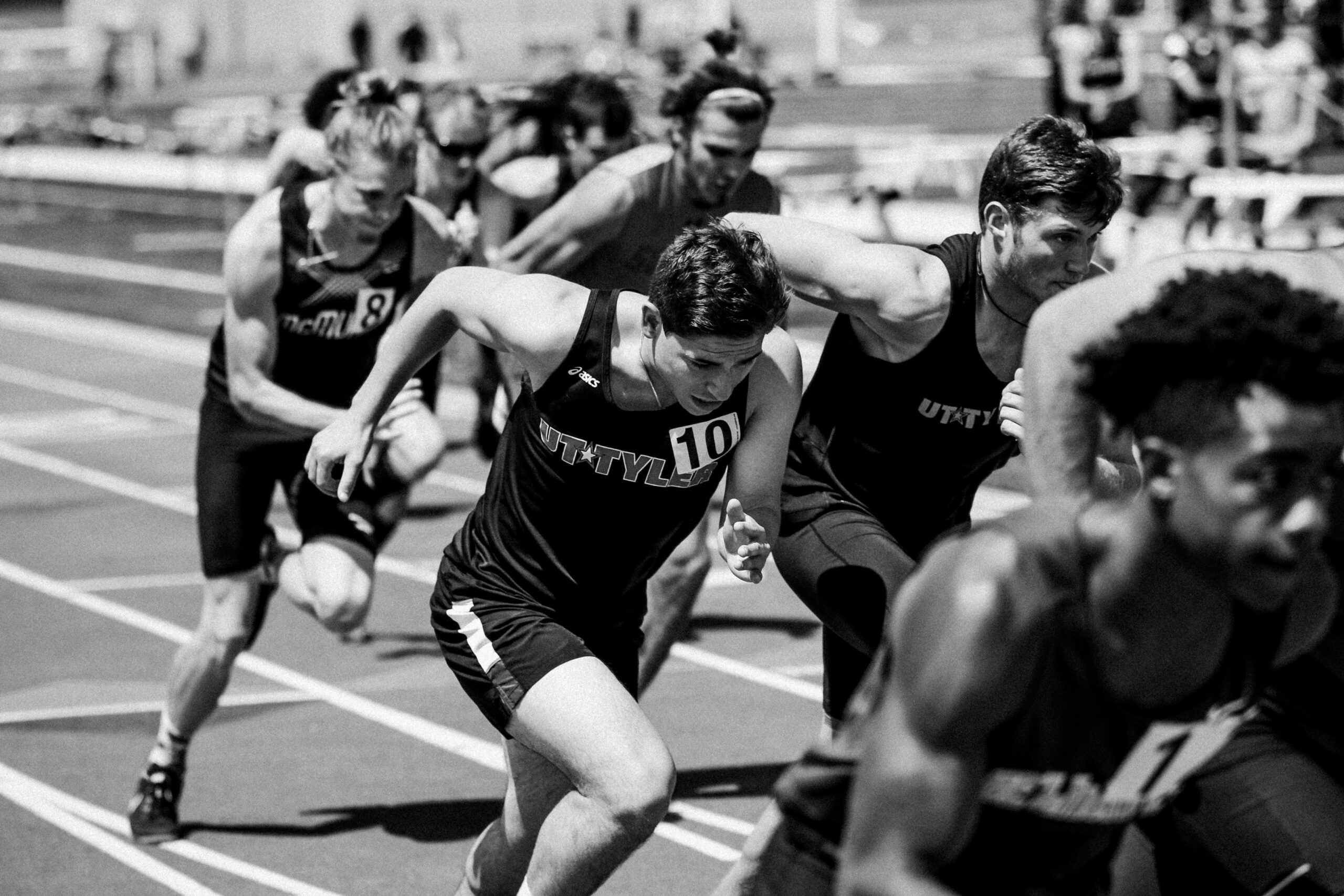The Future of Sports Psychology
Sports psychology, once a niche discipline, has rapidly evolved into a crucial component of athletic success. As we look forward, the field is poised for even greater advancements that promise to revolutionize how athletes prepare, perform, and recover.
Integration of Technology
One of the most significant trends shaping the future of sports psychology is the integration of technology. Advanced wearable devices, biometric sensors, and virtual reality (VR) tools are becoming mainstream in training and competition:
- Wearable Devices: Athletes can now monitor physiological data such as heart rate variability and sleep patterns in real-time, providing insights into recovery and readiness.
- Biometric Sensors: These sensors track movement mechanics and muscle activation, helping athletes and coaches refine techniques and prevent injuries.
- Virtual Reality: Used for immersive mental training, VR environments simulate high-pressure situations, enabling athletes to practice mental resilience and decision-making under stress.
Personalized Mental Training Programs
Advancements in data analytics and artificial intelligence (AI) are paving the way for personalized mental training programs:
“AI algorithms can analyze vast amounts of performance data and psychological profiles to tailor training strategies that optimize individual mental resilience and focus.” – Dr. Lisa Jones, Sports Psychologist.
For example, an AI-powered platform could detect patterns in an athlete’s stress responses during competitions and recommend customized mental exercises to enhance performance under pressure.
Mind-Body Techniques
Emerging research continues to emphasize the interconnectedness of mental and physical performance:
- Neurofeedback: Techniques like EEG-based neurofeedback allow athletes to visualize and regulate their brain activity, improving focus and cognitive control.
- Psychophysiological Training: Integrating techniques such as biofeedback with mental imagery to enhance relaxation and recovery.
Expanding Beyond Elite Athletes
While sports psychology has traditionally focused on elite athletes, there is a growing recognition of its benefits for amateur and recreational sports participants:
“The principles of sports psychology, such as goal-setting and mental imagery, are increasingly applied to enhance motivation and enjoyment in amateur sports.” – Professor Mark Chen, Sports Psychology Researcher.
For instance, apps offering guided mental training sessions are becoming popular among amateur runners and weekend golfers seeking to improve their performance and overall well-being.
Ethical Considerations and Mental Health Awareness
As the field expands, ethical considerations regarding athlete well-being and mental health support are gaining prominence:
- Holistic Support Systems: Sports organizations are implementing comprehensive mental health support systems that include access to sports psychologists, counselors, and peer support networks.
- Stigma Reduction: Efforts are underway to destigmatize seeking mental health assistance among athletes, encouraging open discussions and proactive management of mental well-being.
Conclusion
The future of sports psychology holds immense promise, driven by technological innovation, personalized approaches, and a broader application across all levels of athletic endeavor. By embracing these advancements and ethical considerations, sports psychology is poised to empower athletes to achieve peak performance while promoting their overall mental health and well-being.




